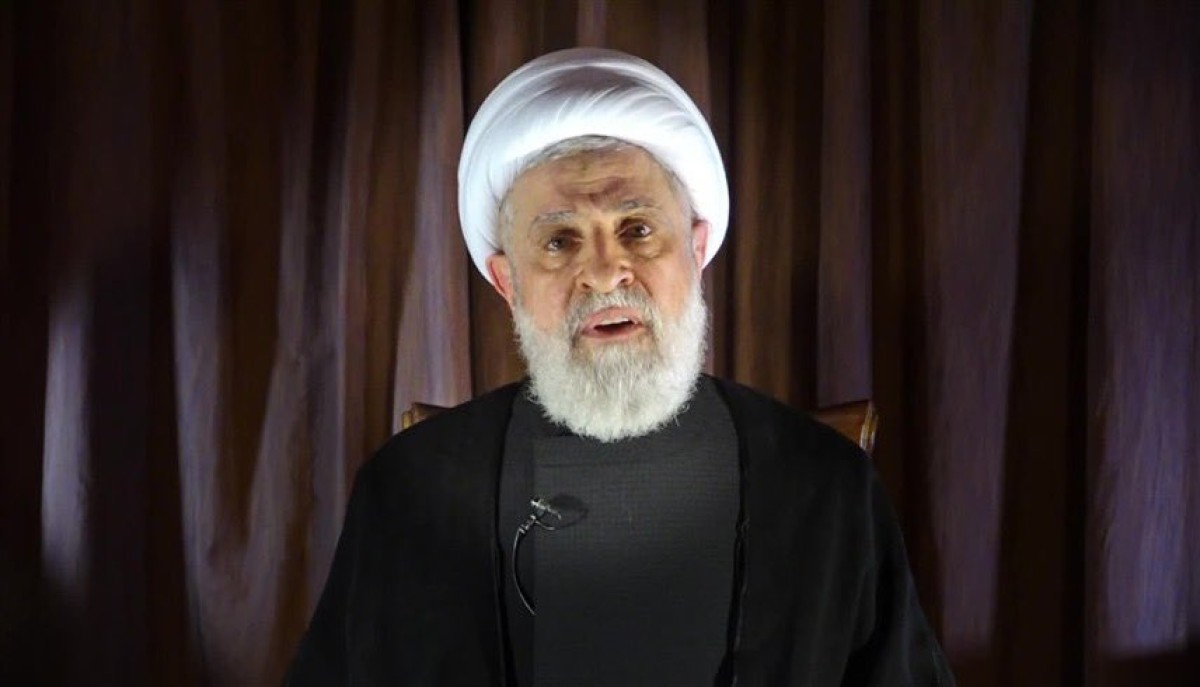Who is Naim Qassem? The new Secretary General of the Lebanese Hezbollah


For a whole month, the Lebanese Hezbollah did not decide the identity of its new Secretary-General to succeed Hassan Nasrallah, who was killed in an Israeli raid, late last September, but it finally brought in a deputy.
Today, Tuesday, the Lebanese Hezbollah announced the election of Naim Qassem as Secretary-General of the party, succeeding Hassan Nasrallah.
In a statement, Hezbollah said: “In accordance with the approved mechanism for electing the Secretary-General, the party’s Shura Council agreed to elect Sheikh Naim Qassem as Secretary-General” of the party.
So who is Qasim?
- He was born in 1953 in the Basta al-Tahta area in Beirut, and his family originally hails from Kfarfila, in southern Lebanon, which has a Shiite majority. He is married and has six children.
- Naim Qassem is considered one of the founders of Hezbollah, where he has served as Deputy Secretary-General since 1991.
- He was appointed to this position during the era of the late Secretary-General of Hezbollah, Abbas al-Musawi, who was killed in an Israeli helicopter attack in 1992, and remained in the position when Hassan Nasrallah became leader.
Naeem Qassem
- Naim Qassem began his political activity in the Lebanese Shiite Amal Movement, which was founded in 1974.
- But he left Amal in 1979 in the wake of the Iranian Revolution.
- He participated in the meetings that led to the formation of Hezbollah, which was founded by the Iranian Revolutionary Guard in 1982, according to Reuters.
- Naeem Qassem was for a long time one of Hezbollah’s prominent spokesmen, and gave many interviews to foreign media.
- He was general coordinator of Hezbollah’s parliamentary election campaigns since the party ran for the first time in 1992.
- Since the killing of Nasrallah, Qassem has given three television speeches, including a speech on October 8, in which he said that the party supports efforts aimed at reaching a ceasefire in Lebanon.
Hezbollah not only lost its Secretary-General, Hassan Nasrallah, but the Israeli raids also affected a number of senior leaders in the party, led by Hashem Safi al-Din, who was considered the most likely successor.